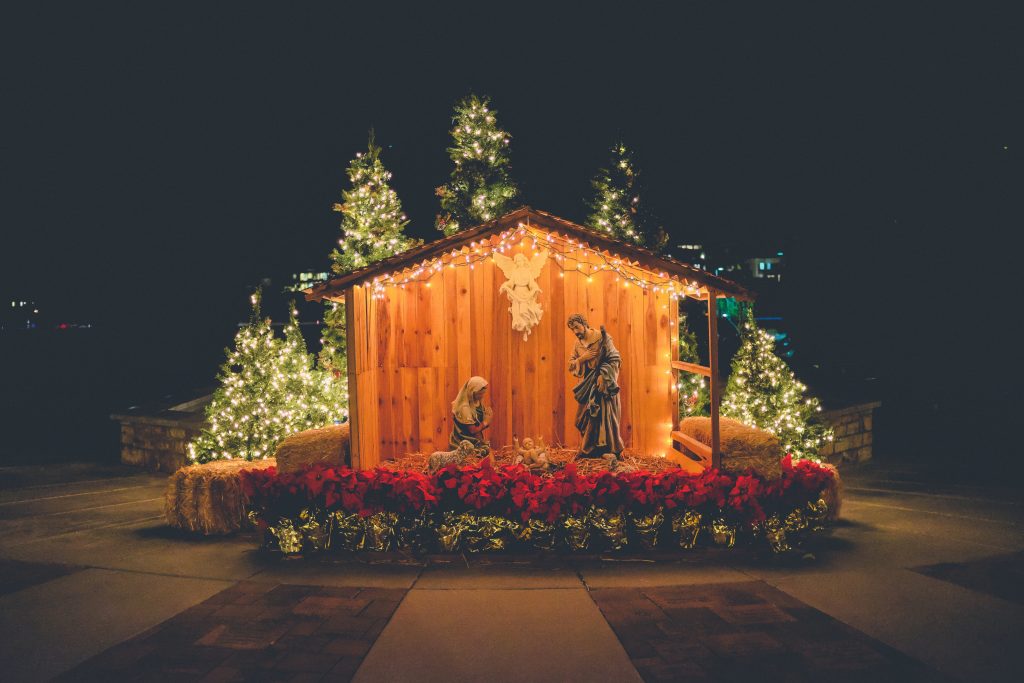
Welp, it’s the final post of the year and time for the Top Ten lists.
Top Ten New Posts 2024
- On Magic (July 18)
- On Reading The Message (January 4)
- On Death (September 5)
- On Congregational Singing As a Team Sport (January 8)
- On Valentine’s Day (February 12)
- About That Hiatus … (October 14)
- On Widows in the Church (August 29)
- A Little Story about Worship (January 11)
- On Winning the War (series) (November 18)
- More Thoughts on AI (August 26)
Top Ten Posts of All Time
Same rankings as last year, except #8 and #9 switched.
- The Great Sin of the Evangelical Right (September 4, 2017)
- On Calling God by His First Name (November 16, 2017)
- Are We Doing Church Wrong? (July 31, 2017)
- On Deconversion (March 18, 2021)
- On How You’re Remembered (Strategery) (August 6, 2020)
- I Was Born That Way (August 9, 2018)
- Pants on Fire (August 16, 2018)
- On Sin: I’m Guilty of Adam’s Sin? How Is That Fair? (October 4, 2018)
- Freak Out Thou Not. This Means You. (January 8, 2018)
- What Jury Duty Taught Me about Comment Threads (July 20, 2017 [first post])
Photo by HENCE THE BOOM on Unsplash


